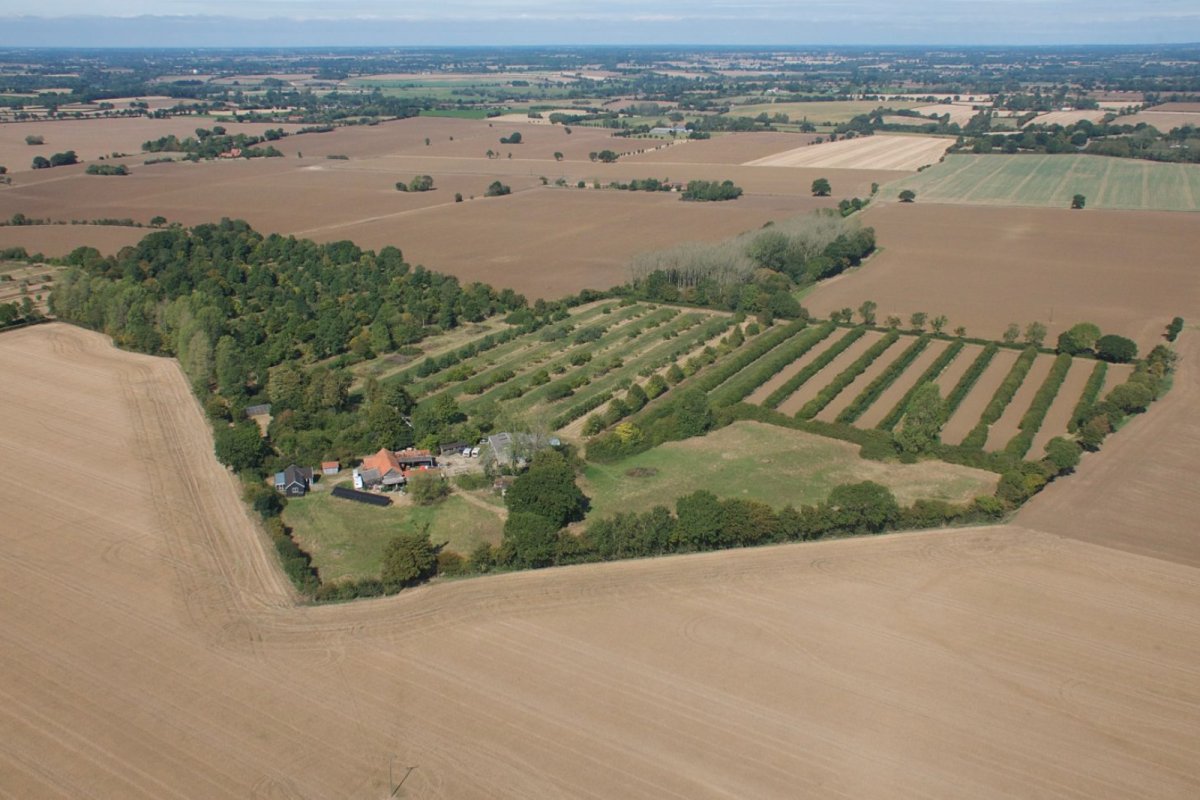This guidance includes a glossary of key terms and highlights resources and contacts for sustainable food systems and environmental planning, including who to contact at Sustain for support, toolkits from Health Equalities Group, and agroecology action examples by The Landworkers’ Alliance.
Glossary
Recommended definition of agricultural waste:
“Includes a variety of substances such as pesticides containers, oil and silage wrap, as well as slurry which result from activities including horticulture, fruit growing, dairy farming, livestock breeding, seed growing, grazing and nurseries.” Source
Recommended definition of intensive livestock units:
Units intensively rearing large numbers of livestock indoors. Source
Guidance
Manure and slurry can be defined as waste where there is uncertainty in its final use.
The Environment Agency’s requirement for an environmental permit is rearing more than 40,000 places for poultry or 2,000 places for production pigs (over 30kg) or 750 places for sows. We have recommended a wider definition of industrial livestock units is used for planning policy because this production can have negative impacts on sustainable development below the thresholds for livestock numbers set by the Environment Agency.
Case study Babergh and Mid Suffolk Joint Local Plan- Part 1 November 2023
Glossary
Intensive livestock and poultry farming
For the purposes of Policy LP14 – Intensive Livestock and Poultry Farming. The Environmental Permitting Regulations 6.09 Sector Guidance Note published by the Environment Agency in 2010 defines ‘intensive’ as an installation with more than: (i) 40,000 places for poultry; (ii) 2,000 places for production pigs (over 30kg) and/or (iii) 750 places for sows. (EPR Technical Guidance Note (2010) Regulatory Guidance Note No. 2 Understanding the meaning of regulated facility - Appendix 3 Interpretation of Intensive Farming Installations).
Further resources
Sustain is here to support Councils, if you’d like to access this support, please email sam@sustainweb.org and vicky.gerrard@sustainweb.org and let us know how we can help you.
Every Mouthful Counts toolkit for Local Authorities: helps councils identify where big emissions savings can be made through food, with links to helpful resources.
Health Equalities Group Food Policy & Planning Toolkit: “has been developed to support local planning authorities, public health teams, and wider stakeholders consider the creation of healthier places and communities through the National Planning Policy Framework, with a specific focus on contributing to healthier and sustainable food environments.”
Agroecology in action: published by Jyoti Fernandes, Ele Saltmarsh, and Kathryn Miller for The Landworkers’ Alliance, and the EU BOND project, 2019. This shows examples of how agroecology can contribute to sustainable development.
Food, Farming & Countryside Commission agroecology resources.
Sustain • Food for the Planet • Integrating sustainable farming into your local plan: Toolkit for English Councils
